Graduate Summer Institute on the Catholic Imagination

Institute Dates: June 16-18, 2022
Participants in the Institute:
-
Took part in small-group Master Classes with Loyola faculty, visiting scholars, and luminaries in the field
-
Delved deeper into the idea of a “Catholic imagination” and its expression in arts, literatures, creative work, and criticism
-
Explored personal topics of interest while building public scholarship and intellectual/spiritual growth
-
Built communities of intellectual and professional collaboration and networking
-
Explored the cultural riches of Chicago (and enjoy summer days on Lake Michigan)
-
Developed and contributed a piece of work based on the themes of the seminar and areas of academic or creative focus
GSI SESSIONS
Vocation, Profession, and the Work: What it Means to be a Catholic Writer
GSI Faculty
In this opening session, the faculty discussed what it means to be a Catholic writer in three interrelated contexts: the vocation, the profession, and the work itself. Each offered a sense of how these three components come together for them, and how they understand the necessary tensions between them in productive terms artistically and personally. In turn, they had a fuller discussion, with each other and students, about the rights, responsibilities, risks and rewards of being a Catholic writer as always and already a decision of vocation, profession, and work.
The Living and the Dead: How to Read like a Catholic Writer
Randy Boyagoda
This session made a case for what it means to read like a Catholic writer. Randy Boyagoda took students through intensive readings of contemporary fiction and related literary criticism, in the context of the Catholic imagination, in search of representations of the human person that offer model possibilities of lives discerned and led with the highest possible stakes: life, death, and eternal life. All of that depends on reading the living and the dead, always, and together. Readings were provided in advance of the seminar.
The “Ear” of the Story
Brigid Pasulka
As writers, we worry a lot about the point of view and the voice of a story, poem or essay. We pay less attention to the “ear” of the story, as novelist Rebecca Makkai calls it—the ideal and actual audiences, both within the story and in real life. This workshop will untangle the decision-making process for establishing the “ear” of a piece. How much to assume? What to explain, and how? What are the practical options between pedantry and alienating the audience? And why are these choices particularly important for Catholic writers? In this workshop, we looked at examples from other writers, walked through some of my own decisions, and looked at decisions about the ear of the story in one of your own pieces.
To See and be Seen: Looking for the Divine in Literature
Liam Callanan
“To gaze upon the face of God is a perilous and a terrifying undertaking,” writes Jeff Reimer in a recent edition of Commonweal. Or so went ancient understanding; some say still today. What do we as writers understand? How do authors find God in their texts, and how do they invite readers to do the same? We discussd a variety of answers will exploring the work of authors from a variety of religious backgrounds, including Catholic. We payed special attention to the absences authors sometimes place in their work—spatial and spiritual—and ask when, why, and how they’re filled. Although this was a craft-focused class, with our central analytical tool close reading, we welcomed and benefited from the individual expertises and experiences of all present. Short readings and generative writing exercises provided.
Art with All of its Teeth? Further Forays into the Catholic Imagination
Michael P. Murphy
In “The Catholic Novelist in the Protestant South,” Flannery O’Connor explores the conundrum of writing as a Catholic amid a culture that seems alien to her belief. What she reveals, ultimately, is that her culture has shaped her work as much as her faith has. This session explored similar terrain, posing the question, “What does it mean to be a Catholic artist in a secular culture?” Can contemporary Catholic artists succeed in creating for readers who share her/his belief as well as for those who do not? Are these the right questions? If a “Catholic imagination” is a critical, contemplative, and creative response to our lives in God (as much as it is a theoretical/creative lens or study in cultural production) how might such a loaded theological and conceptual matrix inform our work, whether creative or critical? The session included literary, poetic, and cinematic texts to consider in advance.
Institute Faculty—Inaugural Year
Liam Callanan— Poetry, Fiction, Creative Nonfiction, Art in Public and Digital Spaces
Brigid Pasulka—Creative Fiction and Nonfiction, Pedagogies of Writing
Michael P. Murphy—Theology, Literary Criticism, Cultural Criticism, Film
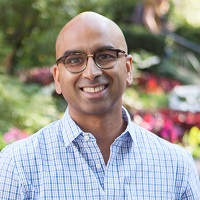 |
Randy Boyagoda is the author of three novels. His latest, Original Prin, was named a Globe and Mail Best Book of 2018 and is the first of a planned trilogy. He is Principal and Vice-President of St. Michael’s College at the University of Toronto, where he is also Professor of English and holds the Basilian Chair in Christianity, Arts, and Letters. He contributes essays, reviews, and opinions to publications including The New York Times, Guardian, Commonweal, and America. A former President of PEN Canada, he is Chair of 2019 Scotiabank Giller Prize jury and lives in Toronto with his wife and their four daughters. |
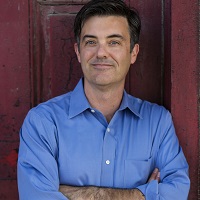 |
Liam Callanan, a novelist, teacher and journalist, was the 2017 winner (in fiction) of The George W. Hunt, S.J., Prize for Excellence in Journalism, Arts & Letters. Liam is the author of four books, including the story collection Listen, the novel All Saints, the novel The Cloud Atlas, an Edgar Award finalist and Paris by the Book, a national bestseller which was translated into multiple languages and was the 2019 winner of the Edna Ferber Prize. Liam’s work has also appeared in Commonweal, America, The Wall Street Journal, Slate, The New York Times, The Washington Post, The San Francisco Chronicle, and elsewhere, and he has recorded numerous essays for public radio. Executive producer and creator of the Poetry Foundation-sponsored animated poetry series, Poetry Everywhere, Liam has also taught for the Warren Wilson MFA Program for Writers and chaired the English department at the University of Wisconsin–Milwaukee. |
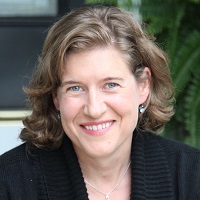 |
Brigid Pasulka’s first novel, A Long, Long Time Ago and Essentially True (Houghton Mifflin Harcourt, 2009), alternates between Nazi-occupied and post-Communist Poland. It won the 2010 PEN/Hemingway Award, the Polish American Historical Society Creative Arts Award, and a Barnes & Noble Discover Award, and it has been translated into six languages, including Polish. Her second novel, The Sun and Other Stars (Simon & Schuster, 2014), is set on the Italian Riviera and involves butchering, soccer and Dante. It was a Chicago Tribune Editor’s Choice and an Indie Next Pick. Pasulka’s linked short stories set in post-Communist Russia have won awards and been published in various literary journals, and her upcoming novel is set in 1980s East Berlin. Pasulka lives with her husband and son in Chicago, where she runs the writing center at the Whitney Young Magnet High School on the Near West Side of Chicago. |
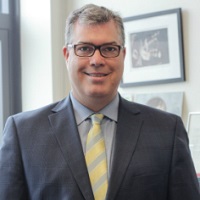 |
Michael P. Murphy directs The Catholic Studies and Hank Center for the Catholic Intellectual Heritage at Loyola University Chicago. His research interests are in Theology and Literature, Critical Theory, and Christian Spirituality, but he also writes and engages public media on issues in eco-theology, ethics, and the literary/political cultures of Catholicism. Mike is a National Endowment for the Humanities fellow and his first book, A Theology of Criticism (Oxford), was named a "Distinguished Publication" in 2008 by the American Academy of Religion. He has published occasional pieces on topics ranging from spiritualities of citizenship to dating in digital culture. His most recent scholarly pieces are the theological introduction to Robert Hugh Benson’s 1907 dystopian classic Lord of the World (Ave Maria, 2016), “Breaking Bodies: O’Connor and the Aesthetics of Consecration” in Revelation & Convergence: Flannery O’Connor and Her Catholic Heritage (CUA Press, 2017), and an edited volume, this need to dance/this need to kneel: Denise Levertov and the Poetics of Faith, (Wipf and Stock, coming in fall, 2019). He is currently at work on a monograph entitled The Dirty Realists: Catholic Fiction, Poetry, and Film 1965-2015. |
Institute Fellows
 |
Lindsay Adams is a playwright, creative nonfiction writer, and academic, whose research explores virginity, consent, confessional spaces, and depictions of invisible disability in Early Modern drama and poetry. Most recently her article "‘A document in madness’? Disability Erasure in Contemporary Rewrites of Ophelia" was published in Adaptations of Mental and Cognitive Disability in Popular Media by Rowman & Littlefield. Lindsay will start as an Assistant Professor at Belmont Abbey College in the fall; she has an MFA in Playwriting from the Catholic University of America and is a PhD Candidate at Saint Louis University. |
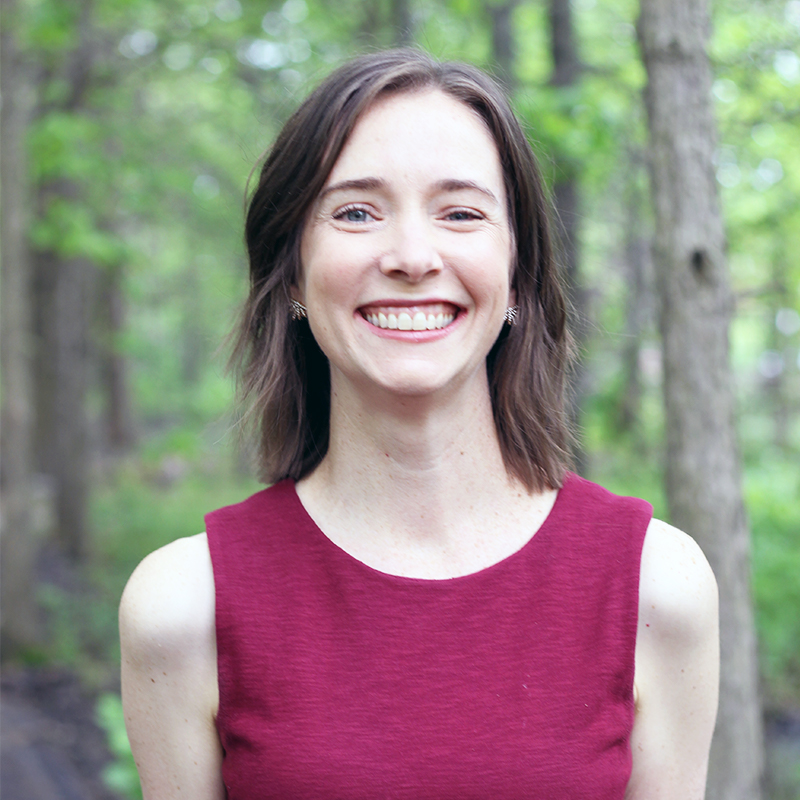 |
Katie Broussard is an artist and the award-winning illustrator of The Examen Book (July 2022), Audacious Ignatius, Sorin Starts a School, I'm a Saint in the Making, and Saints Like Me. When she's not illustrating books, Katie enjoys plein air painting and urban sketching. You can see more of her work at katiebroussard.com |
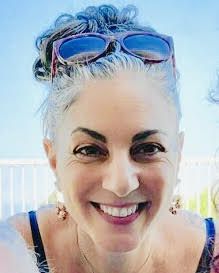 |
Angela Cybulski lives in Costa Mesa, California, and is at work on her novel, The Time Before Memory, a historical novel set in San Francisco. Her writing has appeared in Writing in Place and on the blogs Deep Down Things, Persephone Writes, and one tiny violet. Angela spent several years as the managing editor for Wiseblood Books. Among other works, she edited The Collected Poetry and Prose of American poet and philosopher John Finlay, Duty, the Soul of Beauty: Henry James on the Beautiful Life, by Rusty Reno, and The Devil in the Castle, by Dan Burke. Angela is a recurring resident at Dorland Mountain Arts Colony and is a graduate candidate in the School of Counseling at Divine Mercy University |
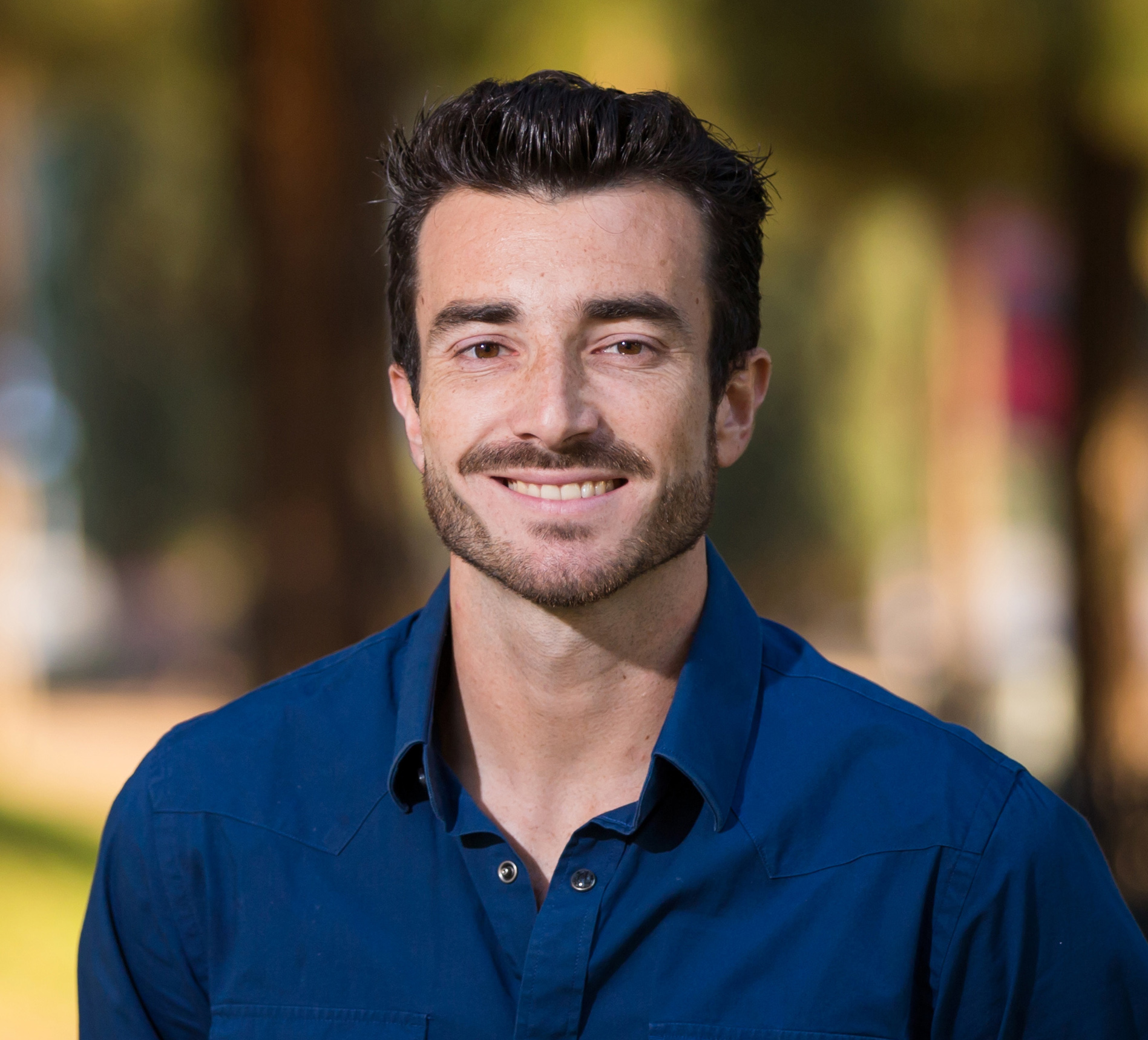 |
Chris Hazell is a writer living in Dallas. He is currently pursuing a Ph.D. in English with a concentration in fiction writing at the University of North Texas and holds an M.A. from Brown University. His short story, “Phantom Limb,” received an honorable mention for the J.F. Powers Prize for Short Fiction for the literary magazine Dappled Things. |
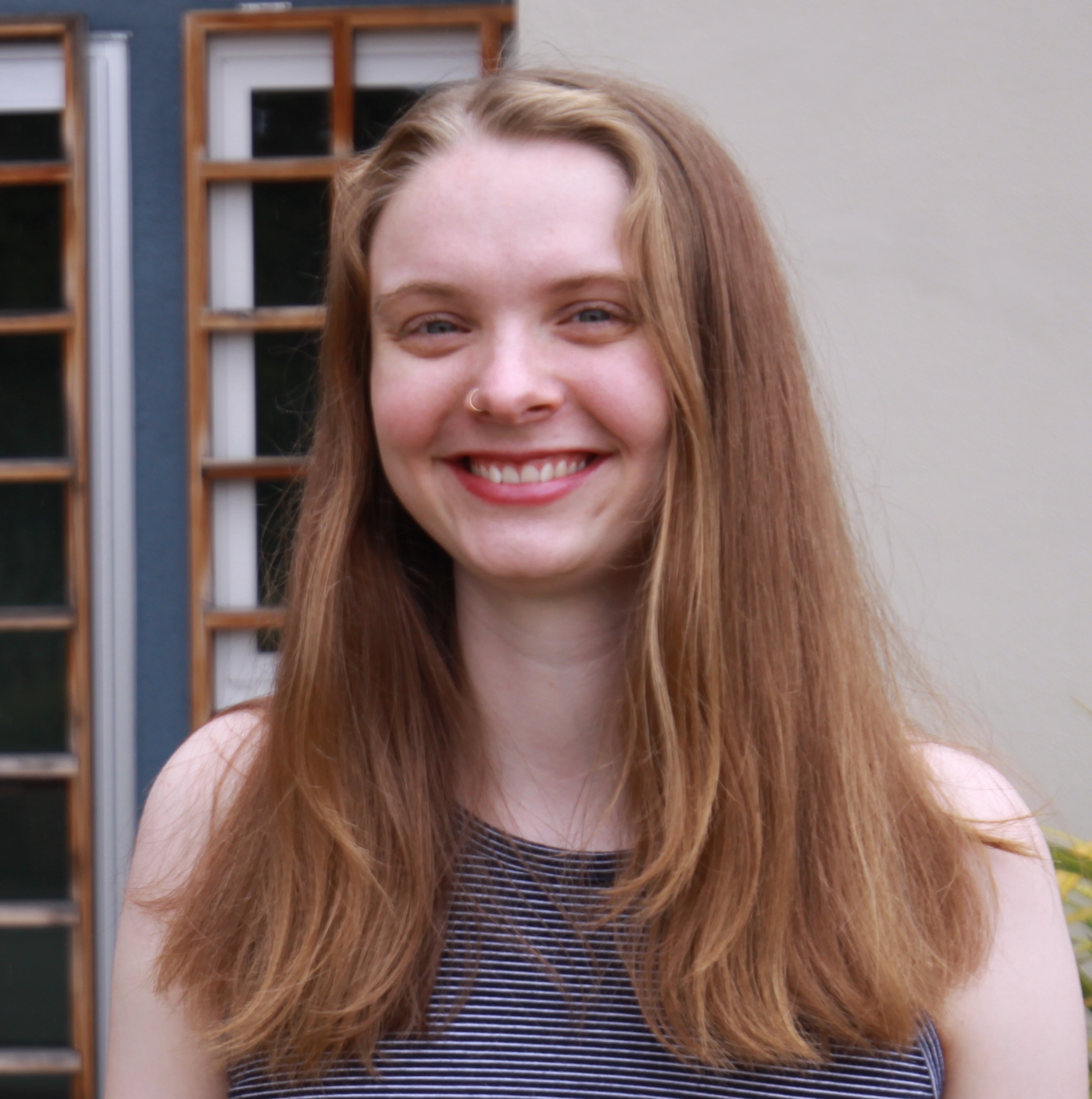 |
Ellen Jewett is a high school educator in the San Francisco Bay Area. Her work, which focuses primarily on the intersection of theology and gender and racial justice, has been featured in Dear Joan Chittister: Conversations with Women in the Church and New Horizons. When not doing theology, Ellen enjoys singing, doing fiber arts, and frequenting her local library. |
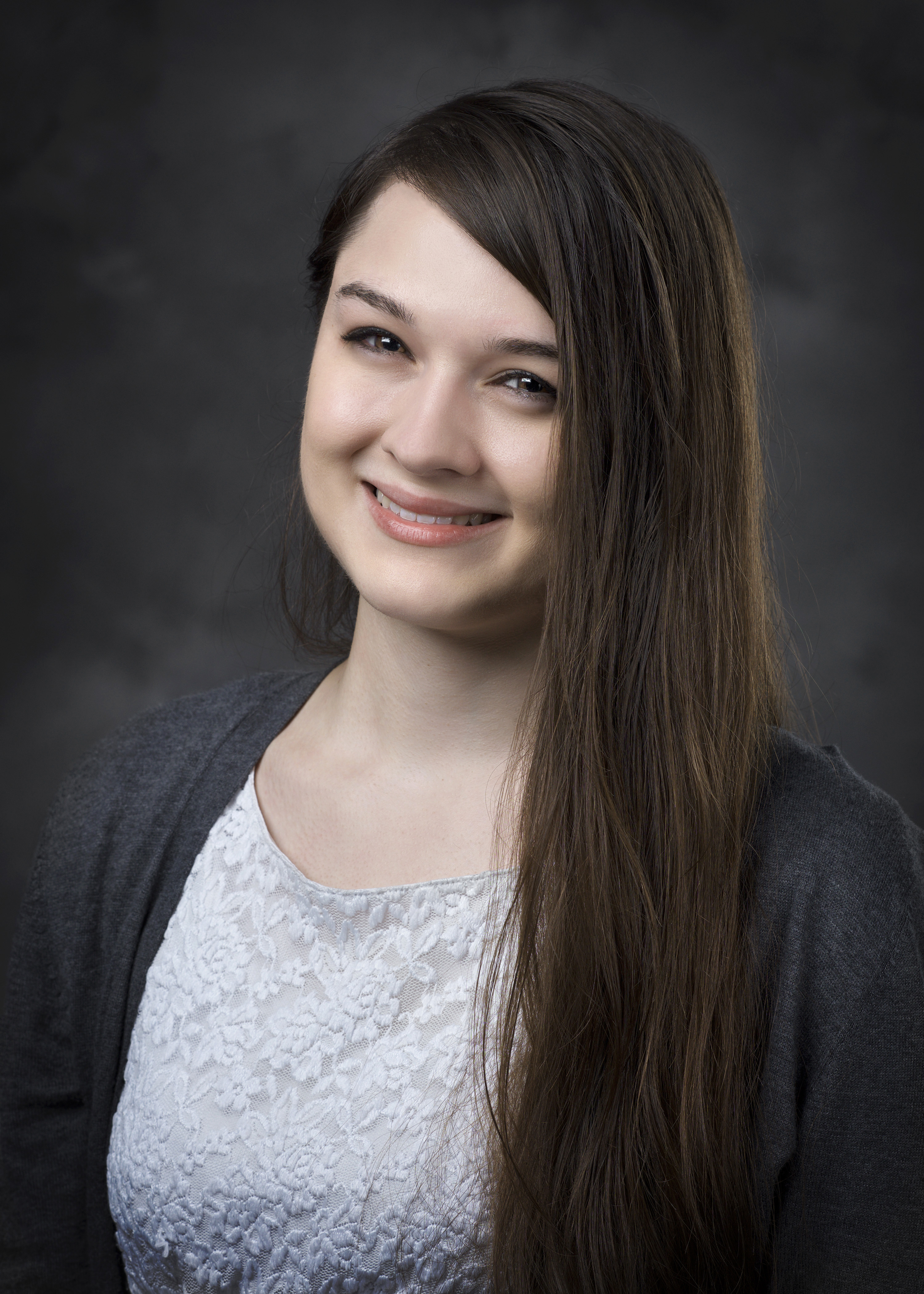 |
Rachel Nozicka is a Ph.D. candidate in the English department at Southern Illinois University at |
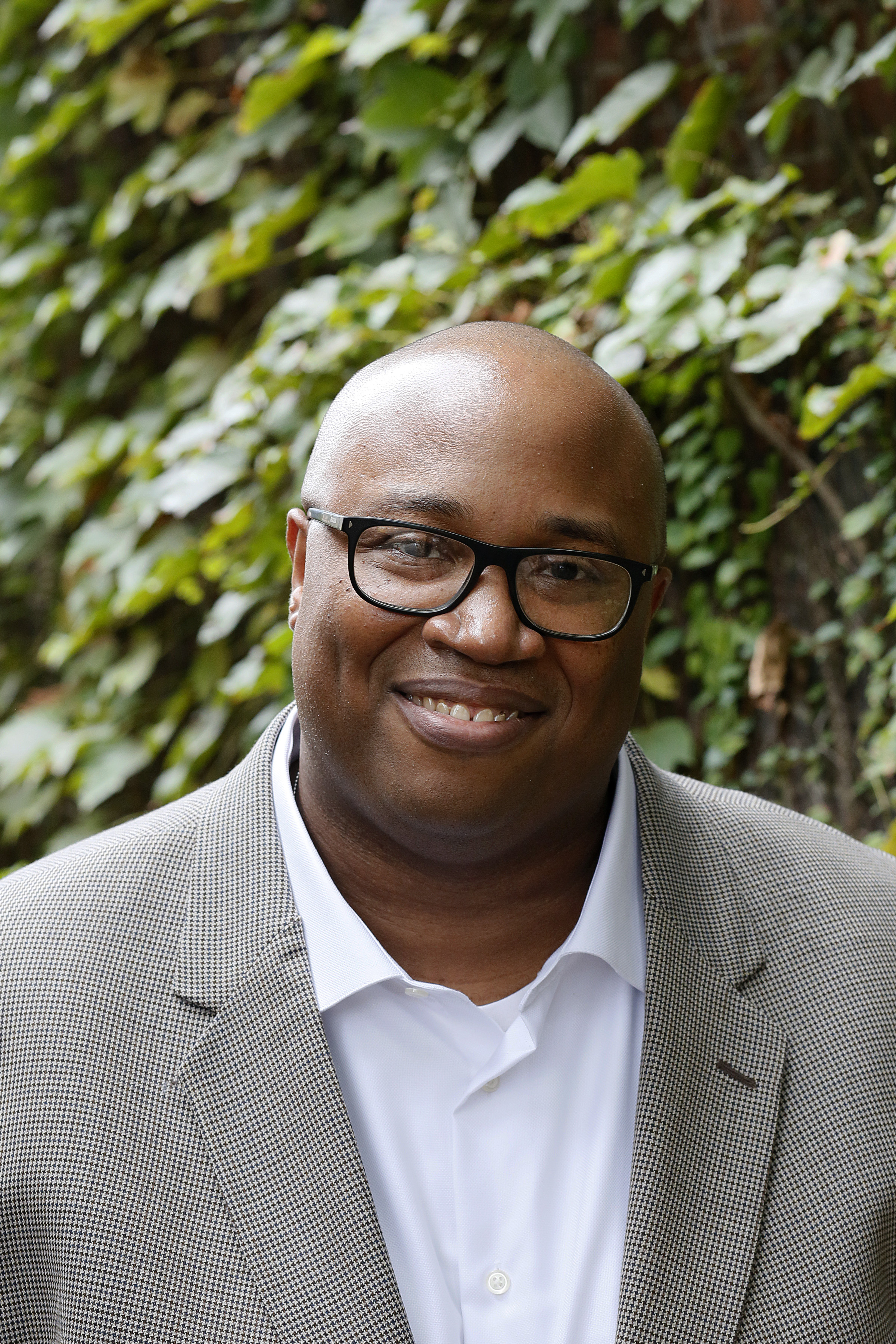 |
Foster J. Pinkney is a writer, organizer, and doctoral candidate at the University of Chicago Divinity School in the field of Religious Ethics. Originally from Columbus, Ohio, he received his MA in Social Ethics from Union Theological Seminary in the City of New York. Foster studies faith as it is reflected in the formation of value and ethical understandings of community. Working from a Christian humanist perspective, he uses Black theology, political philosophy, and Stoicism to reconceptualize the ethical demands of social existence. |
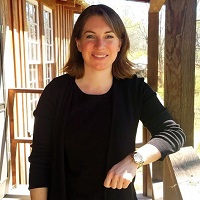 |
Jessica Schnepp holds a Ph.D. in English from The Catholic University of America, where she also founded the Contemporary Catholic Writers reading series. She works for the National Endowment for the Humanities, moonlights as a freelance writer and editor, and volunteers for The Catherine Project. Her publication credits include America, English Studies, Presence, and U.S. Catholic. |
 |
Anh Tran is a graduate student at the Institute of Pastoral Studies from Loyola University Chicago. He enjoys reading spirituality, ministry, and pastoral leadership. Anh will complete the dual degrees in Master of Divinity and Master of Arts in Pastoral Counseling in Dec 2022. |
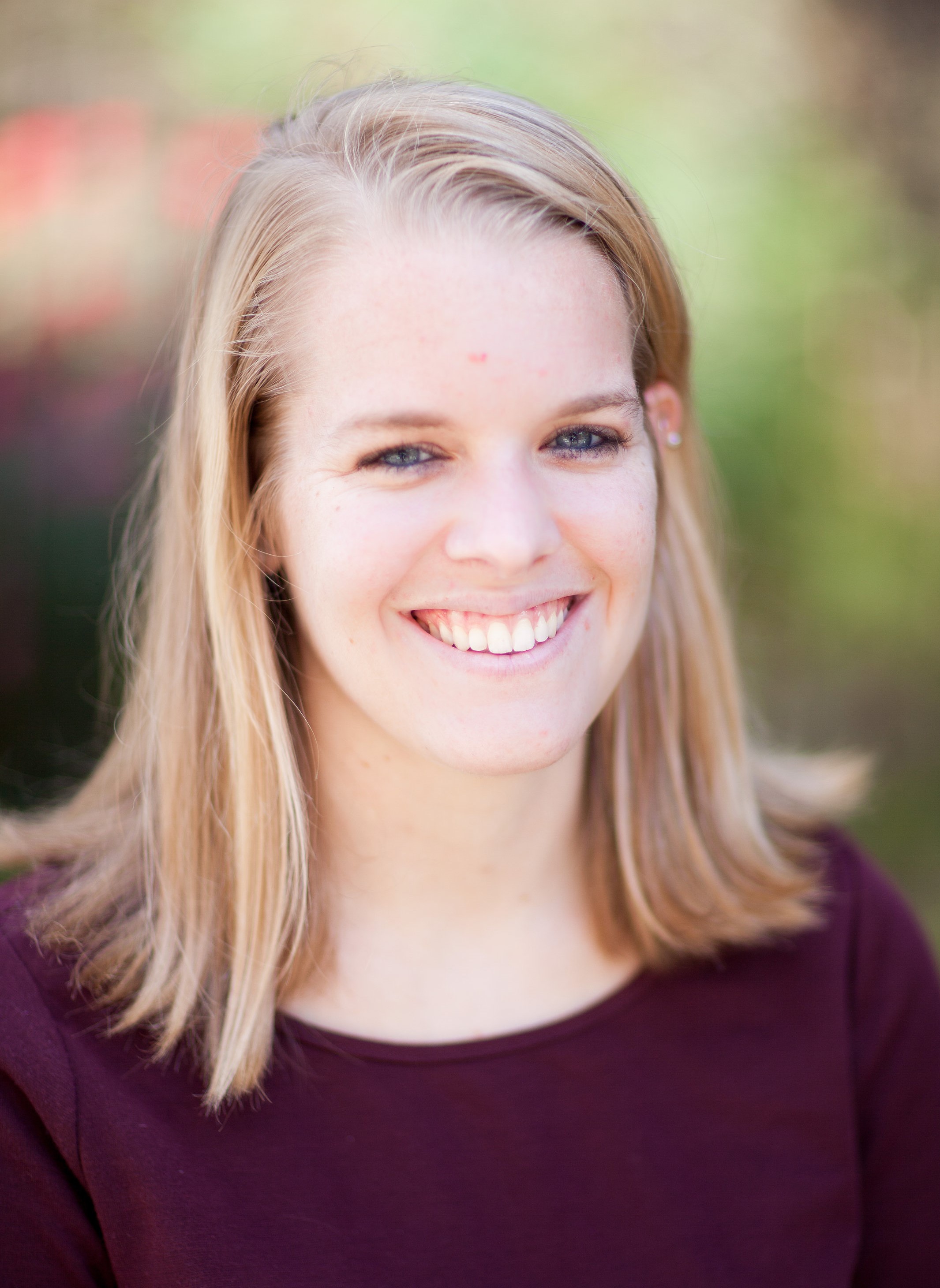 |
Jane Wageman is an English teacher in South Bend, Indiana. She holds an MA in English from the University of Notre Dame and is a member of the 2022 cohort in the McGrath Institute's Church Communications Ecology Program. |
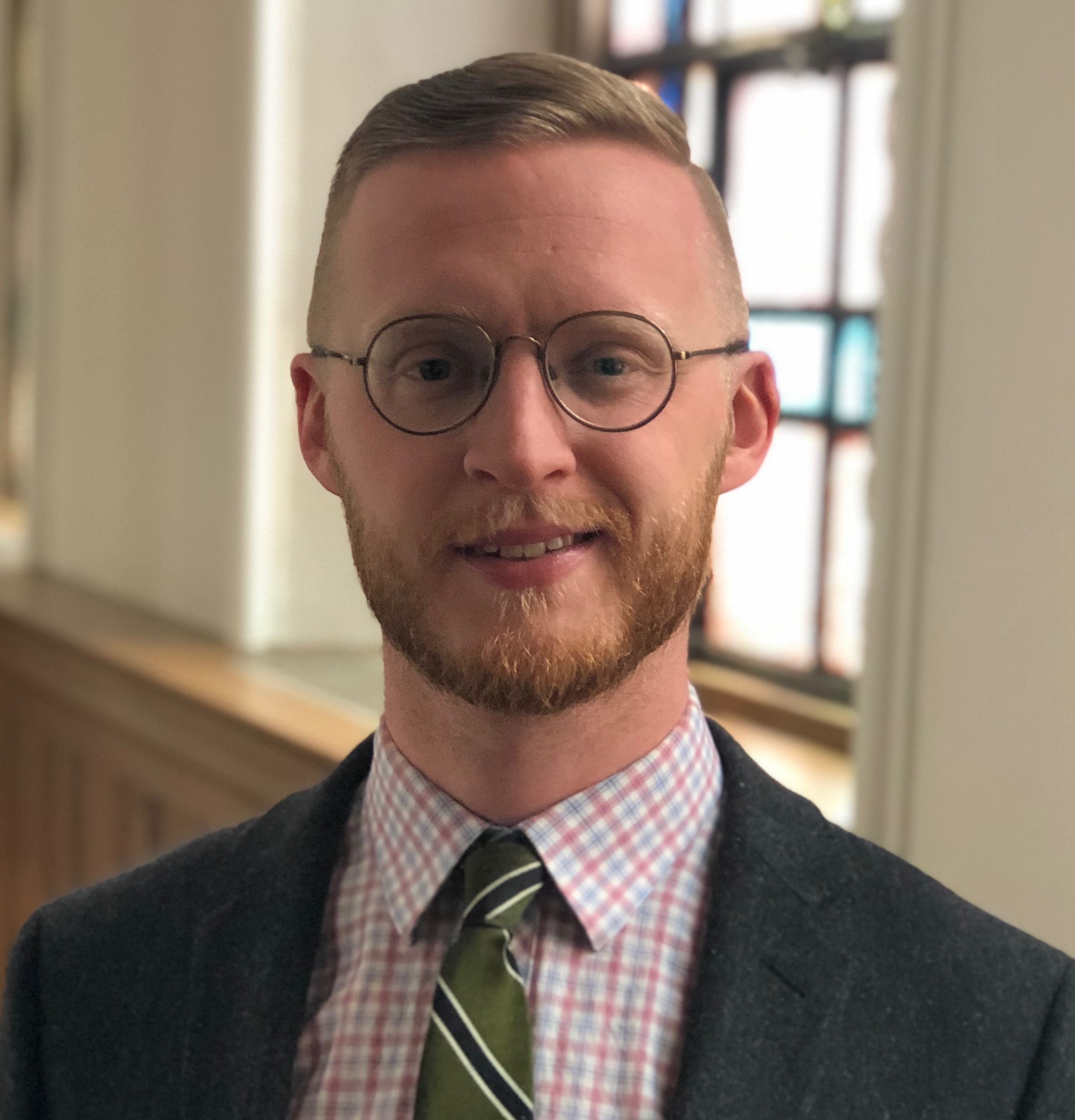 |
Nathan Bradford Williams is a doctoral candidate in theological studies at the University of Toronto. His research focuses on theological aesthetics as a site for the Roman Catholic and Eastern Orthodox ecumenical dialogue. A resident of Nashville, he also works as campus minister at Middle Tennessee State University. |

